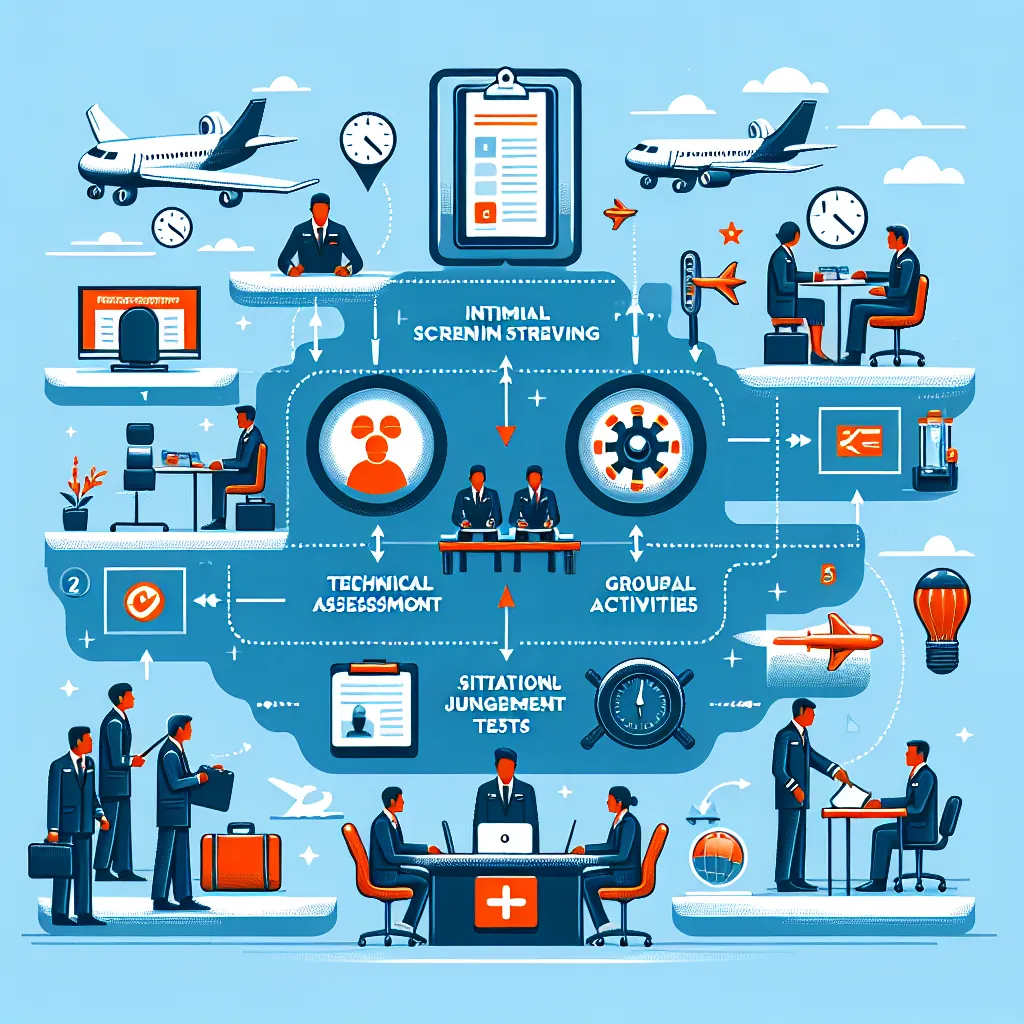Teamwork is a crucial skill that employers value highly in today’s collaborative work environments. During job interviews, you’re likely to encounter questions about your ability to work in a team. Being prepared to answer these questions effectively can significantly boost your chances of landing the job. In this article, we’ll explore strategies and examples to help you confidently address teamwork-related questions in your next interview.
Understanding the Importance of Teamwork Questions
Employers ask about teamwork to assess your interpersonal skills, ability to collaborate, and potential fit within their organization. They want to know if you can contribute positively to team dynamics and help achieve collective goals.
 Teamwork Interview Questions
Teamwork Interview Questions
What Interviewers Look for in Teamwork Responses
When evaluating your answers to teamwork questions, interviewers typically assess:
- Communication skills
- Conflict resolution abilities
- Adaptability to different team dynamics
- Leadership potential
- Willingness to support others
Common Teamwork Questions and Sample Answers
Let’s explore some frequently asked teamwork questions and how to approach them effectively.
1. “Describe a successful team project you’ve been part of.”
Sample Answer: “In my previous role as a marketing coordinator, I was part of a cross-functional team tasked with launching a new product line. My specific responsibility was to create social media content. I collaborated closely with the design team to ensure visual consistency and with the product team to accurately represent features. By maintaining open communication and meeting deadlines, we successfully launched the campaign, resulting in a 30% increase in social media engagement and contributing to a successful product launch.”
Key points to include:
- Specific role and responsibilities
- How you collaborated with others
- Measurable outcomes of the project
2. “How do you handle conflicts within a team?”
Sample Answer: “I believe in addressing conflicts promptly and professionally. In a recent project, there was a disagreement between team members about project priorities. I suggested we have a meeting to openly discuss concerns and align our goals. By facilitating a respectful dialogue and focusing on our shared objectives, we were able to find a compromise that satisfied everyone and kept the project on track.”
Emphasize:
- Proactive approach to conflict resolution
- Communication skills
- Focus on finding solutions
3. “Can you give an example of a time you had to work with a difficult team member?”
Sample Answer: “In a previous project, I worked with a colleague who often missed deadlines, affecting the team’s progress. Instead of complaining, I approached them privately to understand the challenges they were facing. I discovered they were overwhelmed with their workload. We brainstormed ways to improve their time management and I offered to help prioritize tasks. This approach not only improved their performance but also strengthened our working relationship.”
Highlight:
- Empathy and understanding
- Problem-solving skills
- Positive outcome from a challenging situation
Tips for Answering Unexpected Teamwork Questions
Sometimes, you might encounter questions that you didn’t anticipate. Here are some strategies to handle them:
- Take a moment to gather your thoughts before answering.
- Ask for clarification if you’re unsure about the question.
- Use the STAR method (Situation, Task, Action, Result) to structure your response.
- Always relate your answer back to the job you’re applying for.
Common Mistakes to Avoid in Teamwork Responses
When discussing teamwork, be careful to avoid these pitfalls:
- Focusing too much on individual contributions rather than team efforts.
- Speaking negatively about past team members or experiences.
- Providing vague answers without specific examples.
- Overemphasizing your leadership role if the question is about being a team player.
 Common Teamwork Interview Mistakes
Common Teamwork Interview Mistakes
Follow-up Questions and How to Answer Them
Interviewers often ask follow-up questions to dig deeper into your teamwork experiences. Here are some examples with suggested responses:
-
“How do you motivate team members who are struggling to contribute?”
Suggested Answer: “I believe in understanding the root cause of their struggles. I would have a private conversation to identify any barriers they’re facing and offer support or resources to help them overcome these challenges. Sometimes, reassigning tasks to better match their strengths can also boost motivation and productivity.”
-
“How do you ensure effective communication within a team?”
Suggested Answer: “I’m a strong advocate for regular team meetings and using collaborative tools like Slack or Trello. I also believe in clear documentation of decisions and action items. Personally, I make an effort to be responsive to messages and proactively update team members on my progress.”
-
“Can you describe a time when you had to compromise for the good of the team?”
Suggested Answer: “In a recent project, I had a strong preference for a particular approach, but after team discussions, it became clear that another method would be more efficient overall. While it meant more work for me initially, I supported the team’s decision because it was best for the project’s success. This experience taught me the value of flexibility and seeing the bigger picture.”
-
“How do you handle situations where team members are not pulling their weight?”
Suggested Answer: “First, I try to understand if there are underlying issues affecting their performance. If it’s a skill gap, I’d offer assistance or suggest resources. If it’s a motivation issue, I’d have a constructive conversation about the impact of their actions on the team and try to find ways to re-engage them. If the problem persists, I would involve a supervisor to address the issue more formally.”
-
“What role do you typically take in a team setting?”
Suggested Answer: “I’m adaptable and can take on different roles as needed. Generally, I enjoy being a supportive team member who contributes ideas and helps keep the team on track. When required, I’m comfortable taking on leadership responsibilities, such as coordinating tasks or facilitating discussions. My goal is always to contribute in whatever way best serves the team’s objectives.”
By preparing for these types of questions, you’ll be well-equipped to showcase your teamwork skills effectively in your next interview. Remember, the key is to provide specific examples that demonstrate your ability to collaborate, communicate, and contribute positively to team dynamics.
For more interview preparation tips, you might find our article on how to answer behavioral interview questions helpful. Additionally, if you’re looking to improve your communication skills for interviews, check out our guide on how to answer questions about communication skills.
Remember, practice makes perfect. Consider role-playing these scenarios with a friend or mentor to gain confidence in your responses. Good luck with your upcoming interviews!




